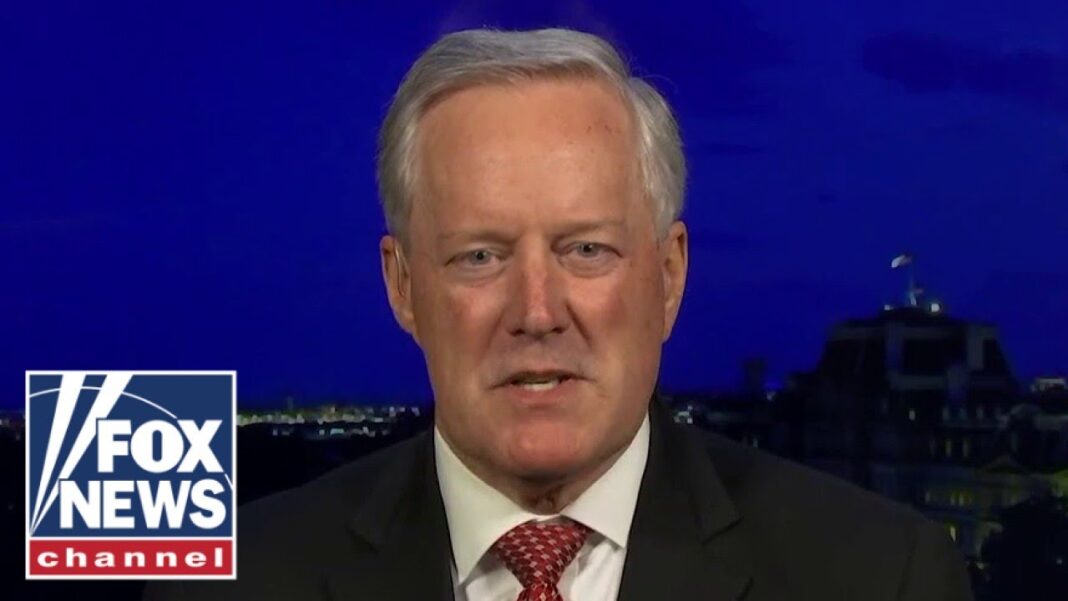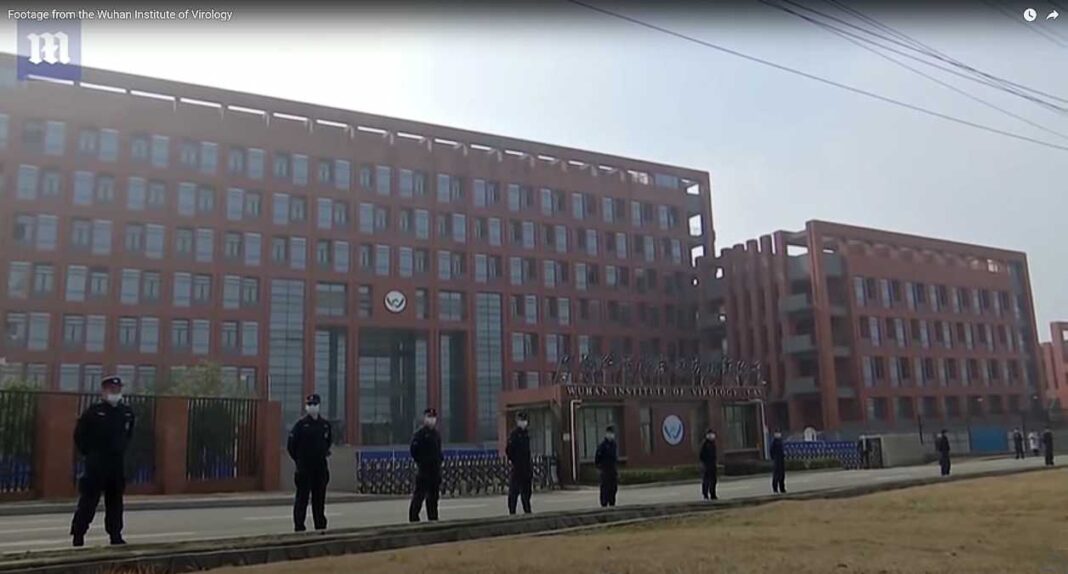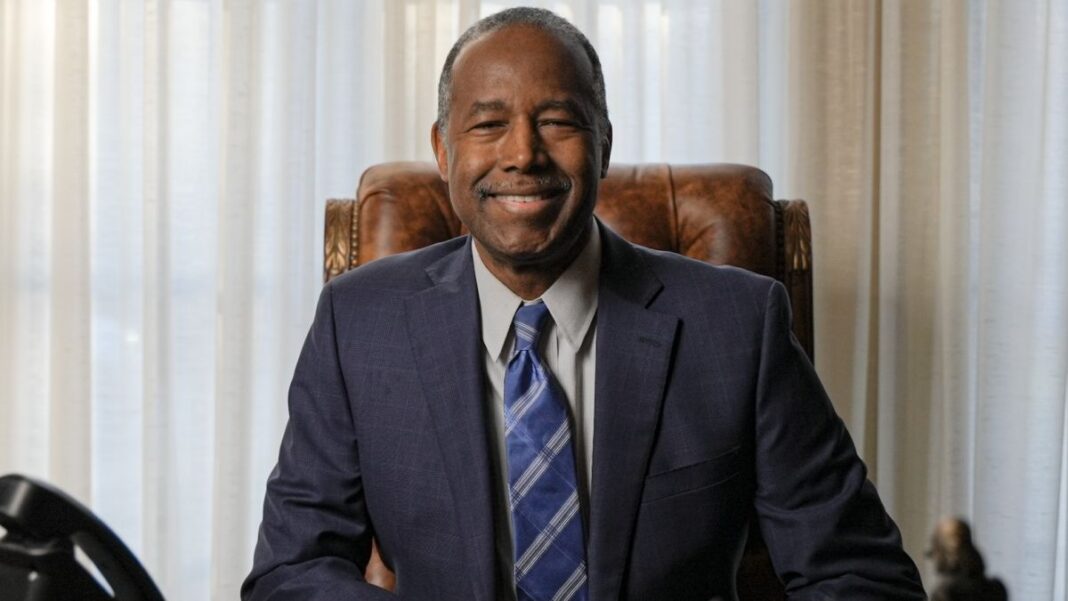
A serious challenge to the House Select Committee on the January 6 Attack on the United States Capitol is growing via former White House Chief of Staff Mark Meadows’ suit against subpoenas for information he claims the panel has no legal authority to seek.
In his suit filed Dec. 8 in the U.S. District Court for the District of Columbia, Meadows asks for “declaratory and injunctive relief to invalidate and prohibit the enforcement of two overly broad and unduly burdensome subpoenas from a select committee of the U.S. House of Representatives (the ‘Select Committee’) issued in whole or part without legal authority in violation of the Constitution and laws of the United States.”
Meadows further argues that “the Select Committee wrongly seeks to compel both Mr. Meadows and a third-party telecommunications company to provide information to the Select Committee that the Committee lacks lawful authority to seek and to obtain.
“The Select Committee acts absent any valid legislative power and threatens to violate longstanding principles of executive privilege and immunity that are of constitutional origin and dimension.”
The Meadows suit thus challenges both the scope of the subpoenas—which demand stacks of White House documents and both official and personal text and email messages to and from him—and the legal standing of the select committee.
Challenges to congressional subpoenas as overly broad and unduly burdensome aren’t unusual, but the context of the Meadows claims invites the federal courts to decide, among much else, whether Speaker of the House Nancy Pelosi (D-Calif.) abused her office by steering the committee away from legitimate legislative purposes through her power of appointment.
The select committee was established by the House of Representatives with passage of H.Res. 503 on a 228-190 vote. Pelosi introduced the measure and all Democrats but only two Republicans voted for the measure. It stipulated a 13-member panel, with five appointed by Pelosi in consultation with House Minority Leader Kevin McCarthy (R-Calif.).
But Pelosi objected to McCarthy’s selections and instead appointed the two GOP members—Rep. Liz Cheney of Wyoming and Rep. Adam Kinzinger of Illinois—to join seven Democrats.
Read Full Article on TheEpochTimes.com






